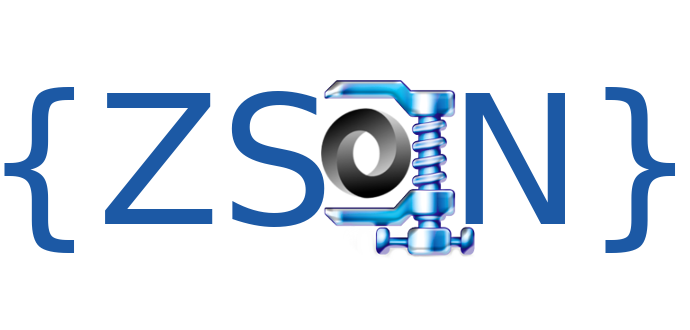postgrespro / Zson
Programming Languages
Projects that are alternatives of or similar to Zson
ZSON
About
ZSON is a PostgreSQL extension for transparent JSONB compression. Compression is based on a shared dictionary of strings most frequently used in specific JSONB documents (not only keys, but also values, array elements, etc).
In some cases ZSON can save half of your disk space and give you about 10% more TPS. Memory is saved as well. See docs/benchmark.md. Everything depends on your data and workload, though. Don't believe any benchmarks, re-check everything on your data, configuration, hardware, workload and PostgreSQL version.
ZSON was originally created in 2016 by Postgres Professional team: researched and coded by Aleksander Alekseev; ideas, code review, testing, etc by Alexander Korotkov and Teodor Sigaev.
See also discussions on [email protected], Hacker News, Reddit and HabraHabr.
Install
Build and install ZSON:
cd /path/to/zson/source/code
make
sudo make install
Run tests:
make installcheck
Connect to PostgreSQL:
psql my_database
Enable extension:
create extension zson;
Uninstall
Disable extension:
drop extension zson;
Uninstall ZSON:
cd /path/to/zson/source/code
sudo make uninstall
Usage
First ZSON should be trained on common data using zson_learn procedure:
zson_learn(
tables_and_columns text[][],
max_examples int default 10000,
min_length int default 2,
max_length int default 128,
min_count int default 2
)
Example:
select zson_learn('{{"table1", "col1"}, {"table2", "col2"}}');
You can create a temporary table and write some common JSONB documents into it manually or use the existing tables. The idea is to provide a subset of real data. Let's say some document type is twice as frequent as another document type. ZSON expects that there will be twice as many documents of the first type as those of the second one in a learning set.
Resulting dictionary could be examined using this query:
select * from zson_dict;
Now ZSON type could be used as a complete and transparent replacement of JSONB type:
zson_test=# create table zson_example(x zson);
CREATE TABLE
zson_test=# insert into zson_example values ('{"aaa": 123}');
INSERT 0 1
zson_test=# select x -> 'aaa' from zson_example;
-[ RECORD 1 ]-
?column? | 123
Migrating to a new dictionary
When a schema of JSONB documents evolves ZSON could be re-learned:
select zson_learn('{{"table1", "col1"}, {"table2", "col2"}}');
This time second dictionary will be created. Dictionaries are cached in memory so it will take about a minute before ZSON realizes that there is a new dictionary. After that old documents will be decompressed using the old dictionary and new documents will be compressed and decompressed using the new dictionary.
To find out which dictionary is used for a given ZSON document use zson_info procedure:
zson_test=# select zson_info(x) from test_compress where id = 1;
-[ RECORD 1 ]---------------------------------------------------
zson_info | zson version = 0, dict version = 1, ...
zson_test=# select zson_info(x) from test_compress where id = 2;
-[ RECORD 1 ]---------------------------------------------------
zson_info | zson version = 0, dict version = 0, ...
If all ZSON documents are migrated to the new dictionary the old one could be safely removed:
delete from zson_dict where dict_id = 0;
In general, it's safer to keep old dictionaries just in case. Gaining a few KB of disk space is not worth the risk of losing data.
When it's a time to re-learn?
Unfortunately, it's hard to recommend a general approach.
A good heuristic could be:
select pg_table_size('tt') / (select count(*) from tt)
... i.e. average document size. When it suddenly starts to grow it's time to re-learn.
However, developers usually know when they change a schema significantly. It's also easy to re-check whether the current schema differs a lot from the original one using zson_dict table.

